According to fresh iOS 11 adoption statistics issued by Apple on Tuesday, the company's latest mobile operating system has made its way onto more than half of all supported devices since its release some two and a half months ago.
Announced in an update to Apple's developer web portal, 59 percent of compatible iPhone, iPad and iPod touch units were running a version of iOS 11 as of Monday.
As usual, Apple's statistics were pulled from iOS App Store visits, painting a more accurate picture of iOS adoption as compared to third-party estimates.
Apple's iOS 11 install base has grown significantly since the last official update in November, which showed the mobile OS on 52 percent of active devices. Apple began sharing iOS 11 adoption statistics on Nov. 6 with data gleaned from the App Store .
The developer resource notes 33 percent of devices visiting the App Store are still running iOS 10, while another 8 percent are on older versions of the OS.
Though the company does not provide day-by-day metrics, the latest iOS 11.2 release pushed out unceremoniously on Saturday, likely drew in a number of new users.
The latest iOS 11 version addresses a date bug discovered last week that causes some iOS devices to enter a soft reset loop. More importantly, iOS 11.2 delivers Apple Pay Cash, Apple's hotly-anticipated peer-to-peer payments feature. After a brief holdup, the service officially went live earlier today
Despite the reasonably strong numbers, iOS 11 adoption trails behind that of its predecessor, which was running on 63 percent of supported devices after its first two and a half months of availability.
Apple released iOS 11 in September alongside a slate of new iPhone products including the new iPhone X flagship. While not a major revision over last year's iOS 10, the new OS contains a slew of under-the-hood feature additions including ARKit, support for the high efficiency H.265 codec, AirPlay 2, Siri improvements and more.
 AppleInsider Staff
AppleInsider Staff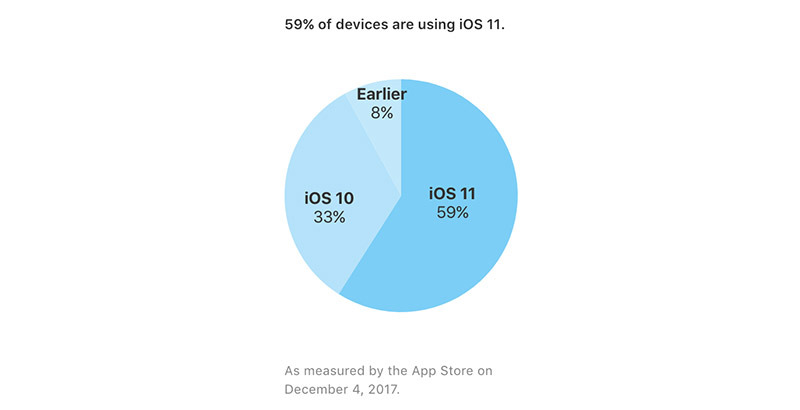

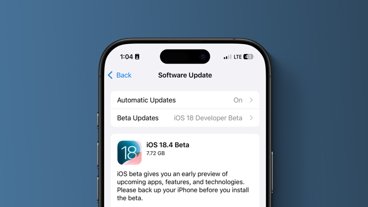


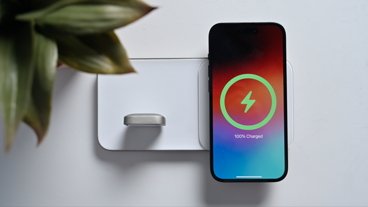
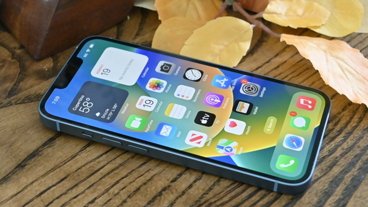

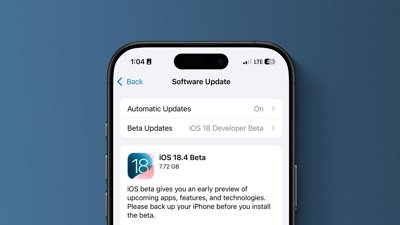
 Marko Zivkovic
Marko Zivkovic
 Wesley Hilliard
Wesley Hilliard
 Andrew Orr
Andrew Orr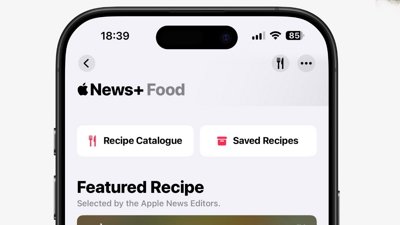
 William Gallagher
William Gallagher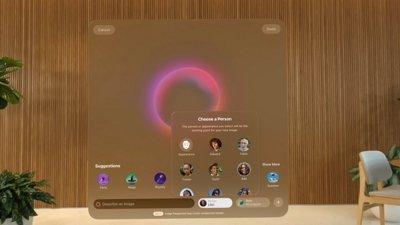
 Amber Neely
Amber Neely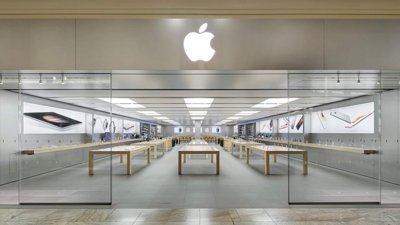
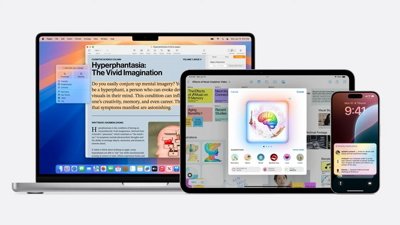
 Malcolm Owen
Malcolm Owen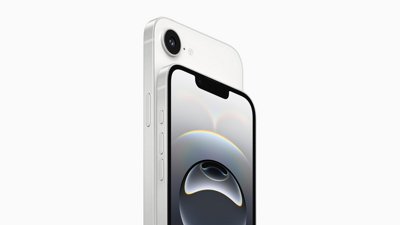
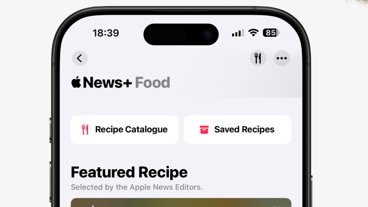

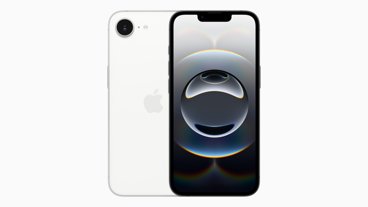
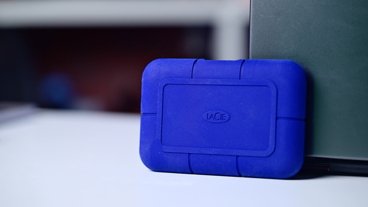




15 Comments
59% isn't bad considering Google's Oreo 8.1 OS is installed on about 0.3% of all supported Android devices. Fortunately, most Android users don't care which version of OS they're running. It's all good.
I haven't updated from iOS 10 to 11 for one reason: I'm still using a few 32-bit apps. Some of those old apps are orphans, and will never be updated. I'm slowly finding substitutes and moving my essential data, but I won't update until that process is completed.
I suspect the the lag in adopting iOS 11 is in part due to many others still relying on old 32-bit apps.